AARP Hearing Center

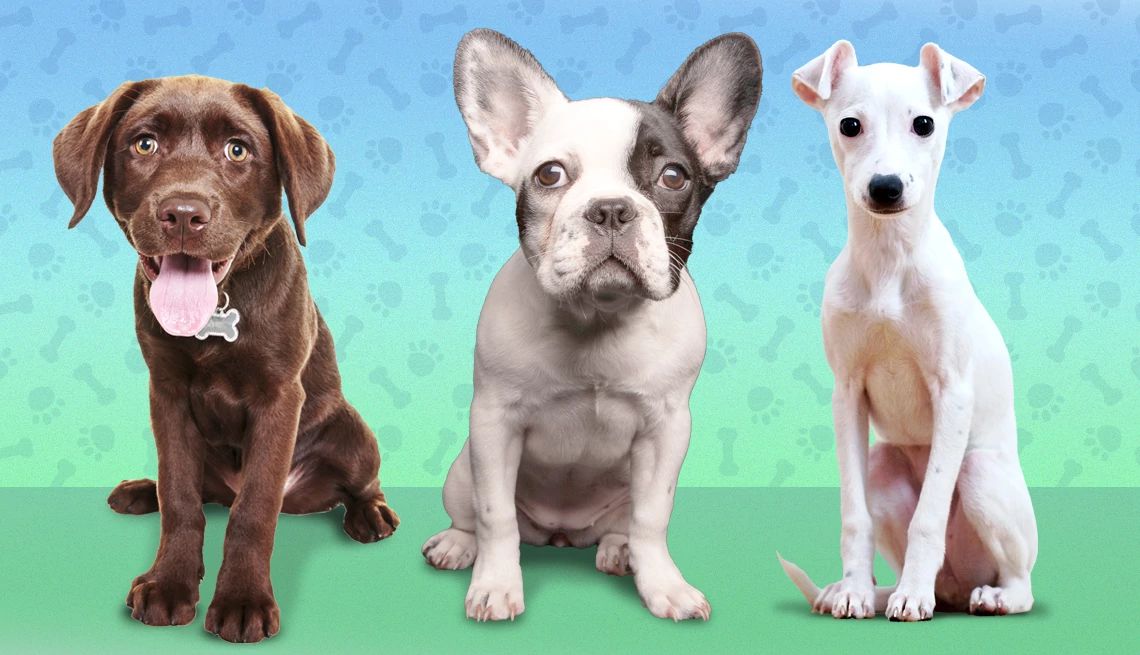
Dogs are cute, cuddly and good for your physical and mental health. They bring companionship, boost your daily step count and time outside, and can get you interacting with other dog lovers, says Lorraine Rhoads, director of health and safety at Dogtopia, a provider of dog day care, boarding and grooming services throughout North America.
For the 11.1 percent of adults 65 and older living alone, or for those who just would like a fur baby to have around, getting a dog may be a good idea. But there are many lifestyle factors to consider before jumping into dog ownership with both feet (and all paws).
Rhoads says the financial commitment (food, vet visits, grooming), time commitment (longevity, walks, playtime, vet visits) and both the human’s and the dog’s energy levels are important to keep top of mind.
“I think that you have to match the personality of the pet to the personality of the person. I think that’s first and foremost,” says Dr. Carol Osborne, a veterinarian at Chagrin Falls Veterinary Center & Pet Clinic in Chagrin Falls, Ohio.
Just like humans, every pup has its own unique personality, but there are generalities that can be made about different breeds. The American Kennel Club recognizes 201 different breeds and divides them among seven categories based on the function they were bred to perform, says Jerry Klein, AKC’s chief veterinary officer. For example, sporting dogs are typically athletic and love to play, while hounds are focused, stubborn and loyal, and herding dogs love having a job to do, expands Klein. Whatever your lifestyle and abilities look like at 50 and older – whether you’re planning to travel extensively in retirement or want to spend your golden years with your toes in the sand – there’s a breed or a mix of breeds that would suit your preferences. Here’s a guide to matching your personality to a pup.

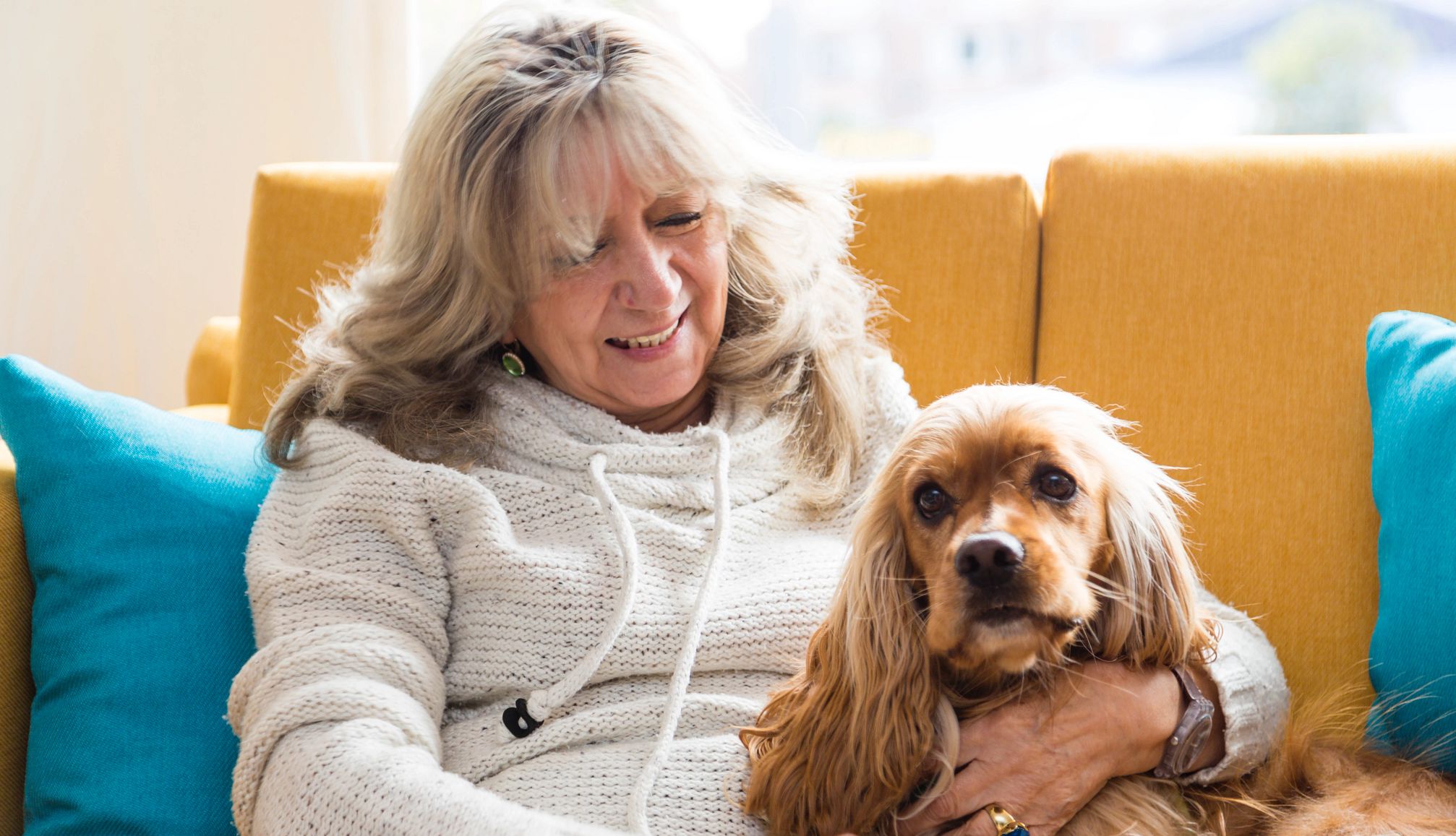
For the homebody
If you’re more of an indoorsy grownup who values time spent at home – say, snuggling with a book or watching a movie on the couch – Rhoads suggests a cocker spaniel. She describes cocker spaniels as naturally gentle and sweet (but they do have long coats that require regular grooming). The Cavalier King Charles spaniel is also a good option, she says; they are a toy breed that can range from small to medium size, and they have fewer grooming needs than the cocker spaniel. Rhoads says they require low exercise and are “happy to cuddle for a big portion of the day.”
Osborne recommends other dogs with shorter coats: French bulldogs or Boston terriers. If you live in a climate that can get hot, be sure to keep in mind that flat-faced breeds (like pugs and bulldogs, including French bulldogs) can have compromised respiratory systems, which means they may encounter breathing issues in the heat.

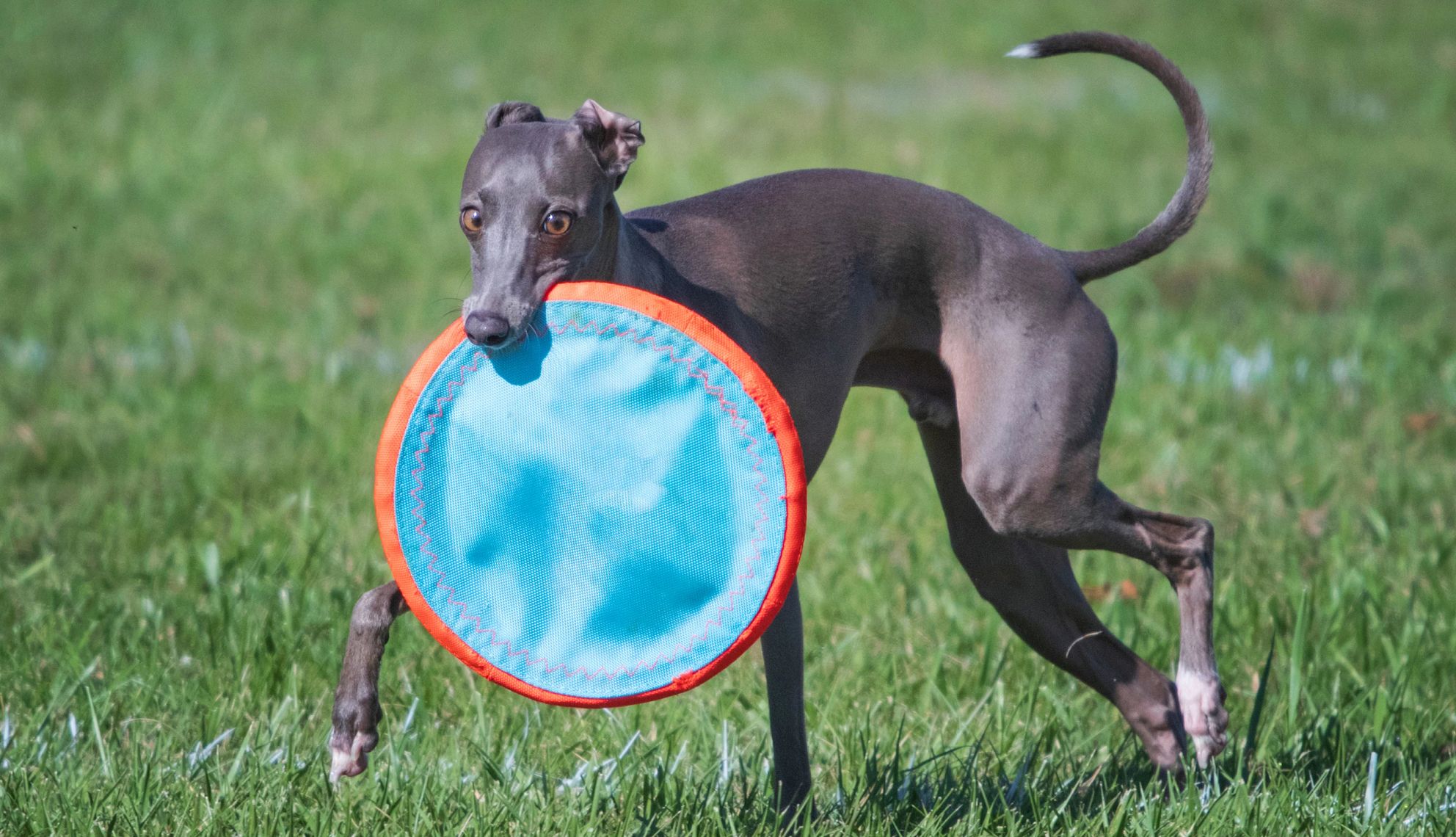
For the outdoorsy grownup
If you like to hike, go on long walks, tend to your garden and spend as much time outside as you can, Osborne recommends any of the retriever types – golden retrievers or Labradors. Rhoads concurs but also would add greyhounds to the mix.
Within those breeds, you’ll find varying energy levels, but all three breeds love spending time outdoors. While Rhoads admits that a greyhound may seem counterintuitive for a grownup “because you think they’re just going to be runners, and some of them maybe have a tendency to have a high prey drive,” she says they are also gentle, affectionate dogs that are the perfect garden companion.



































































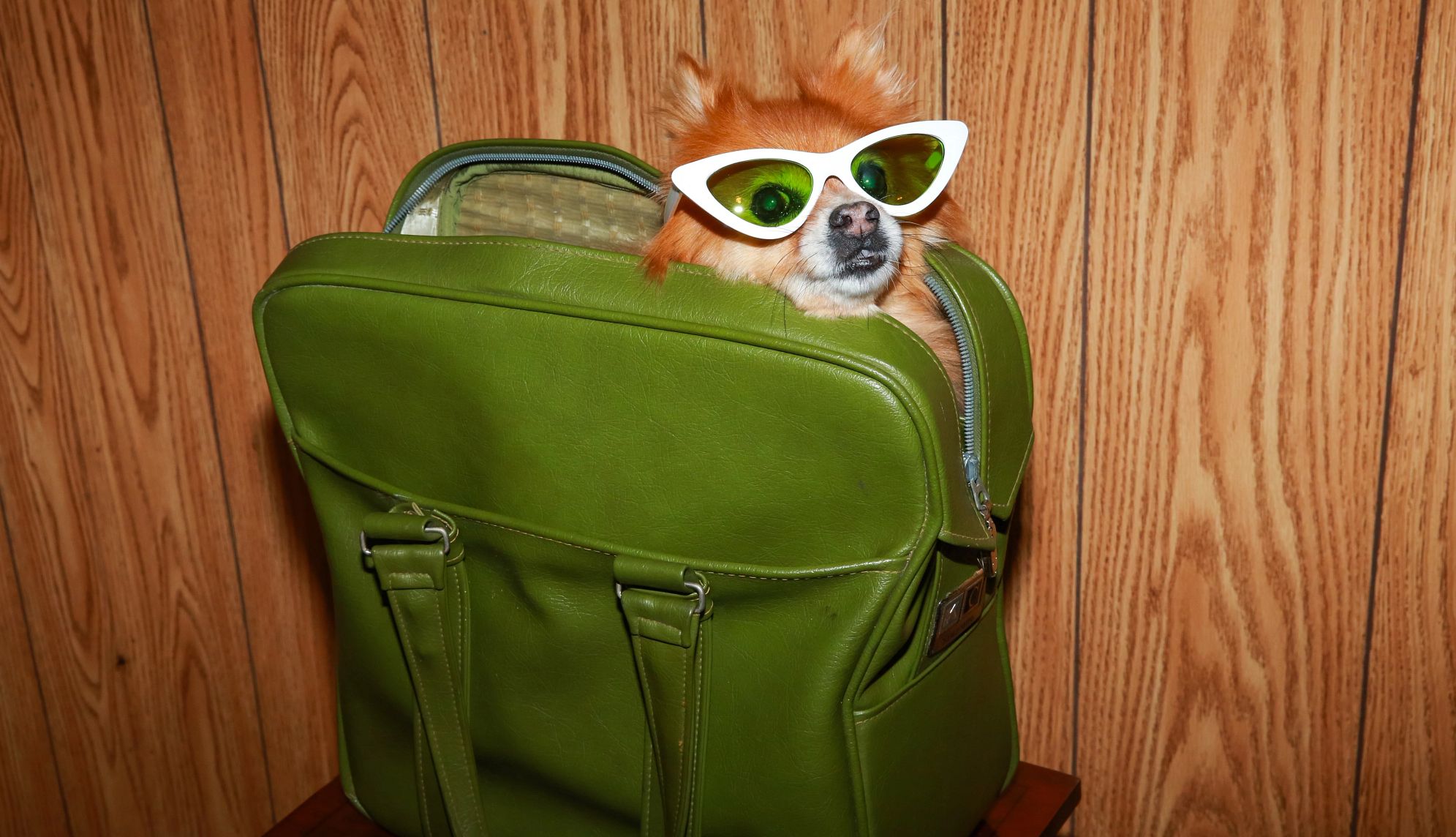
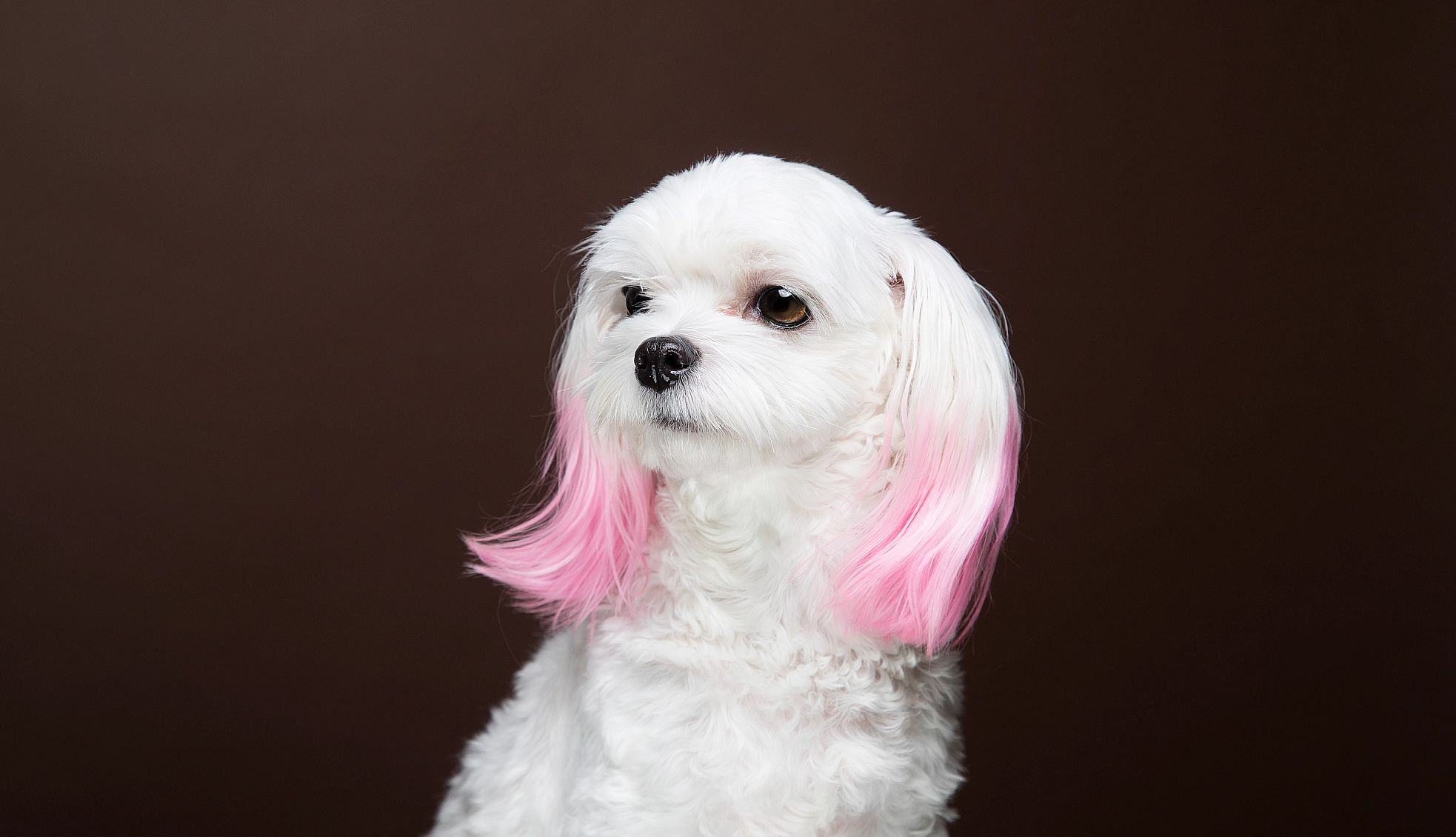
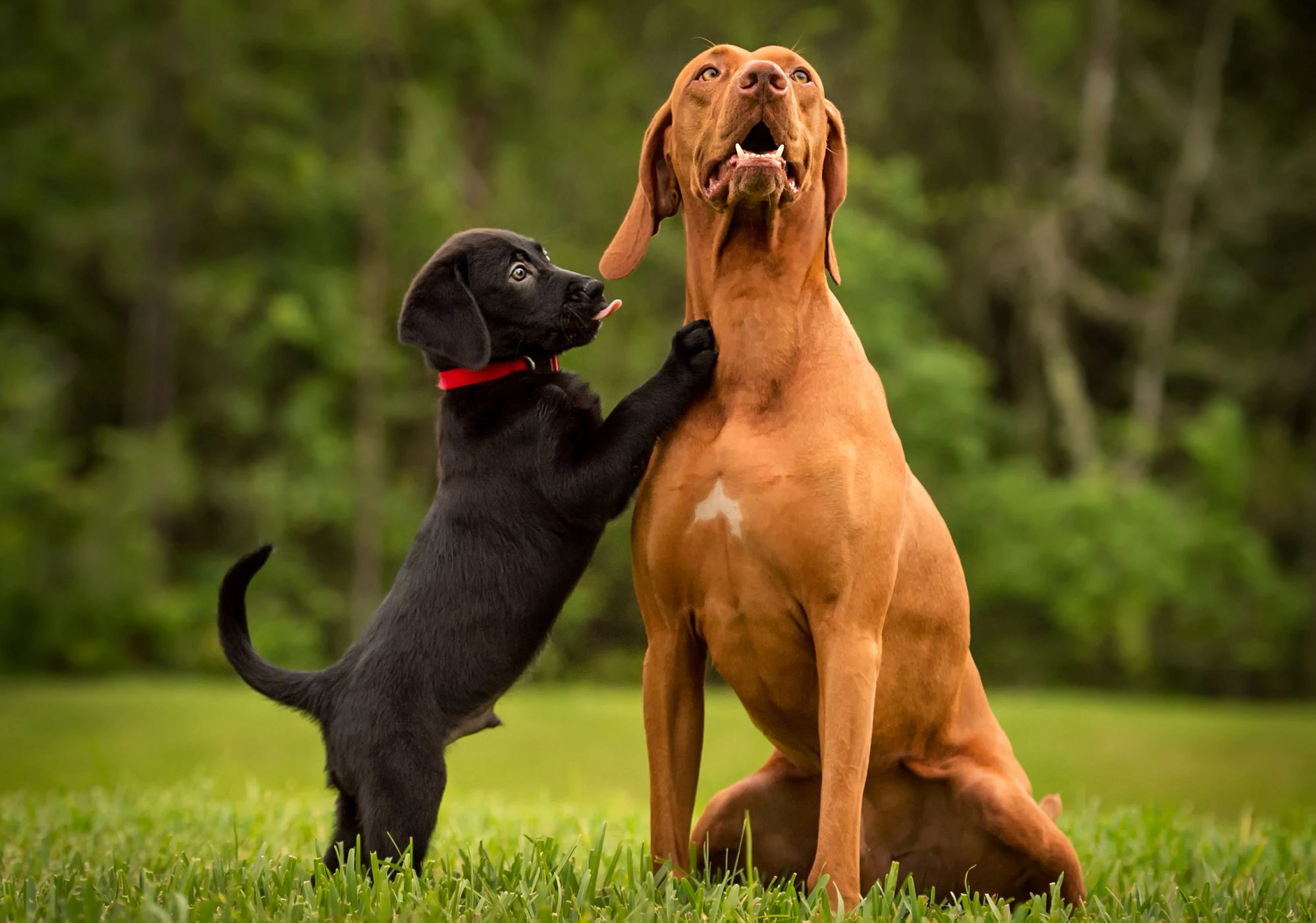



More From AARP
A Sanctuary for Older Dogs Is One Woman’s Dream Fulfilled
Chris Shaughness rescues, rehabilitates and helps find homes for the older pups no one wants
All Aboard: Tips for Traveling With Your Pet on a Train
Here’s what you need to know before and after you boardQuiz: Pets and Your Health
Find out what you know about the benefits
Recommended for You